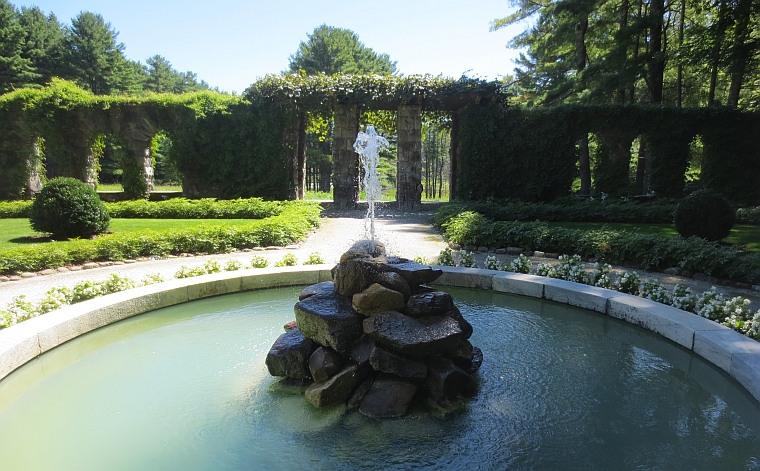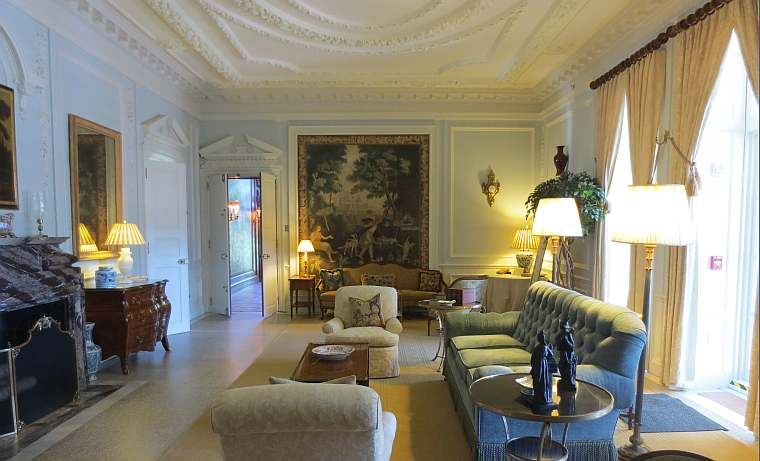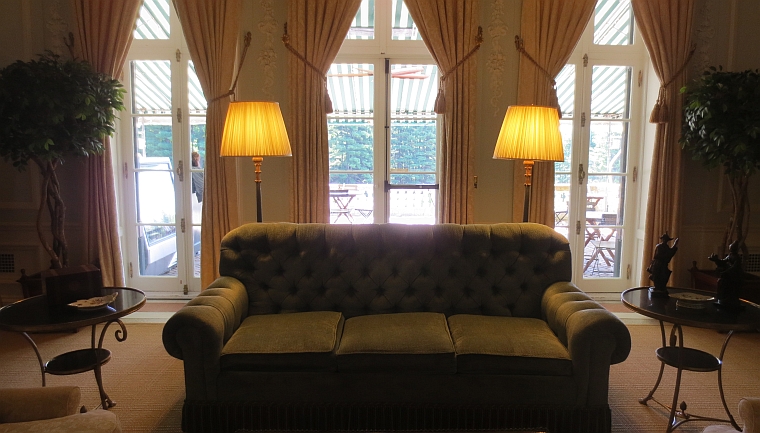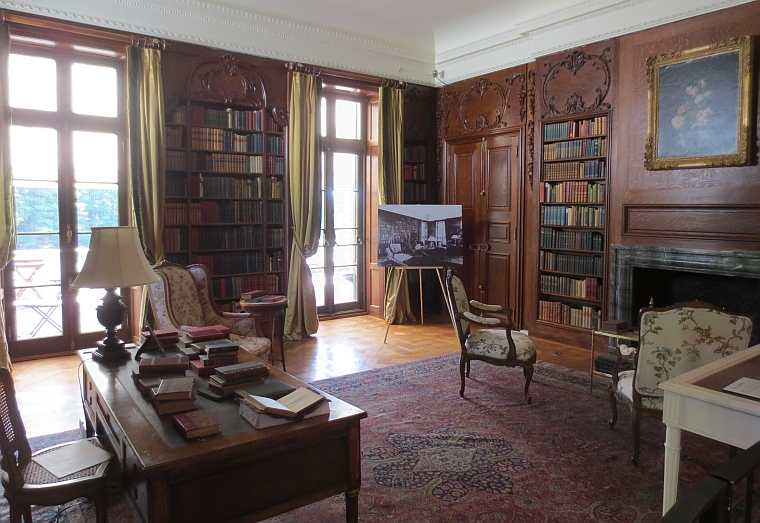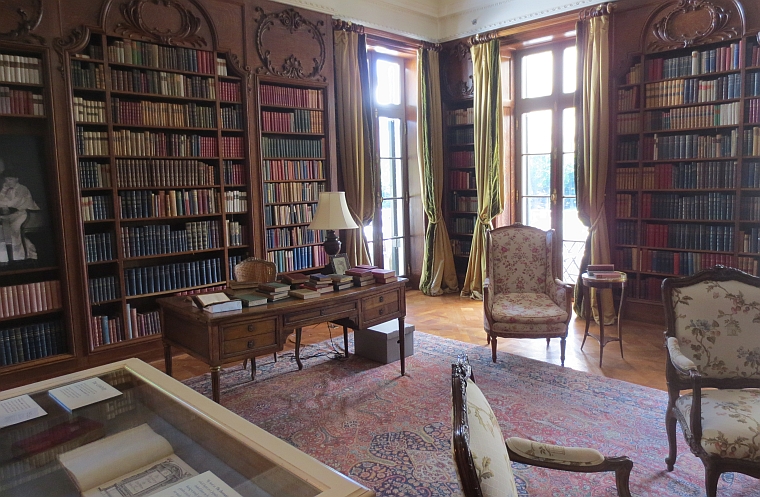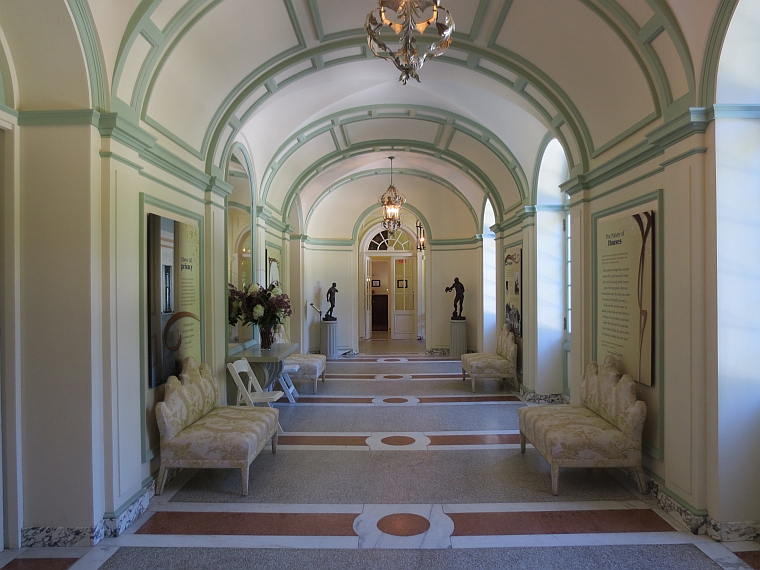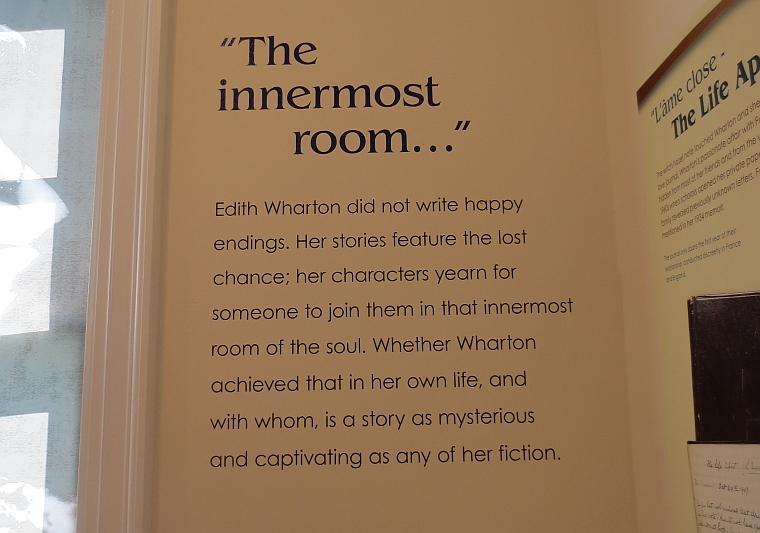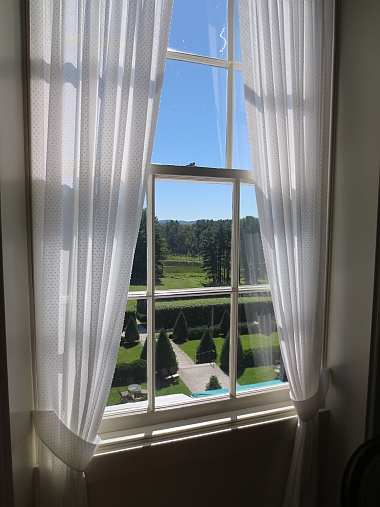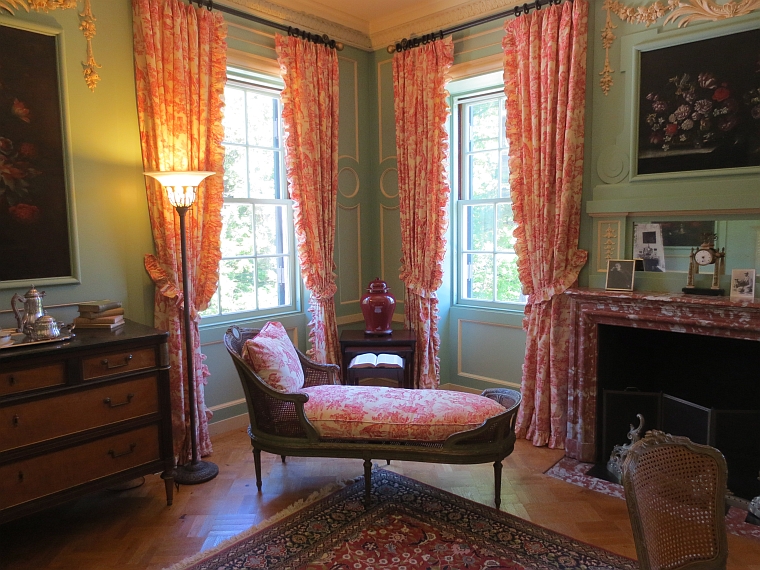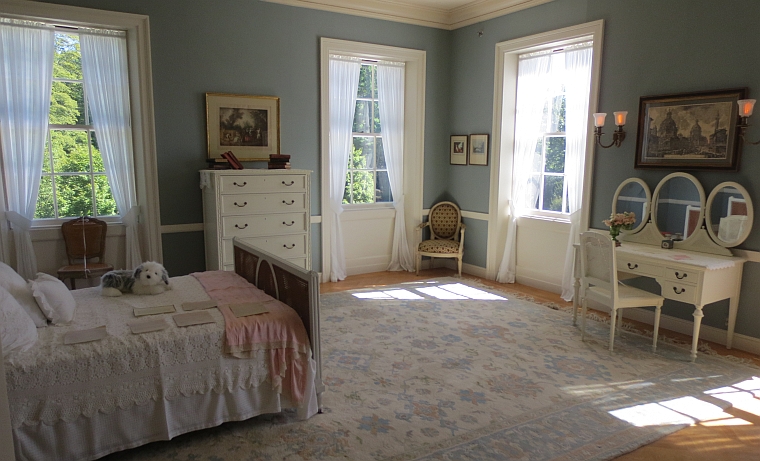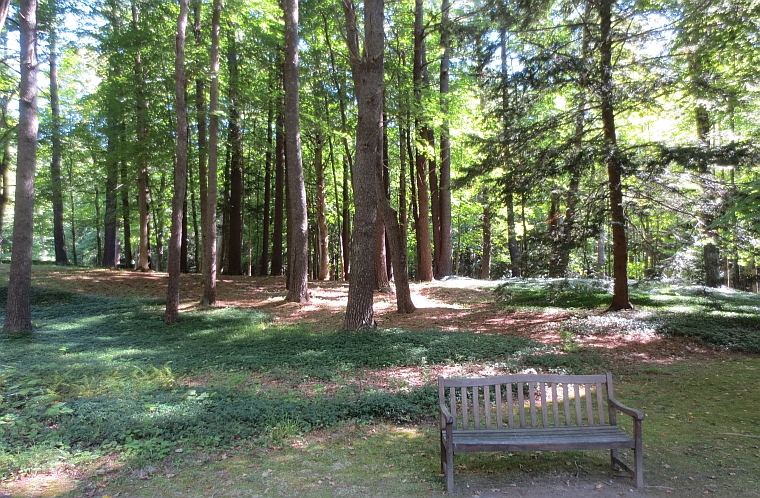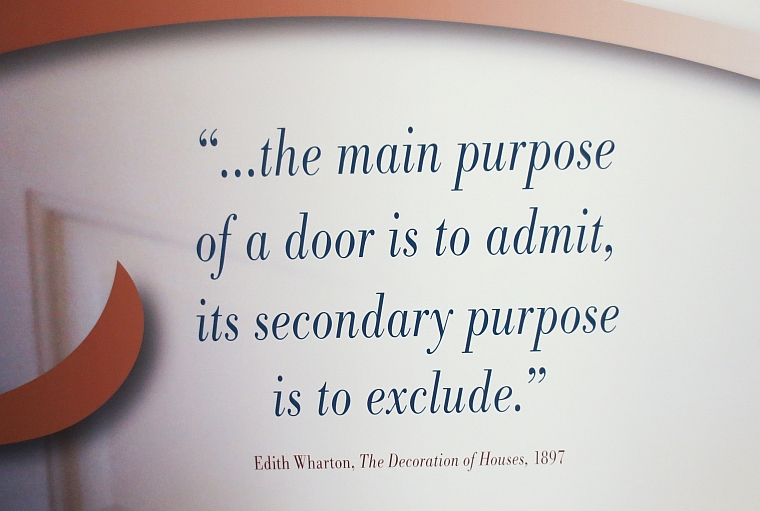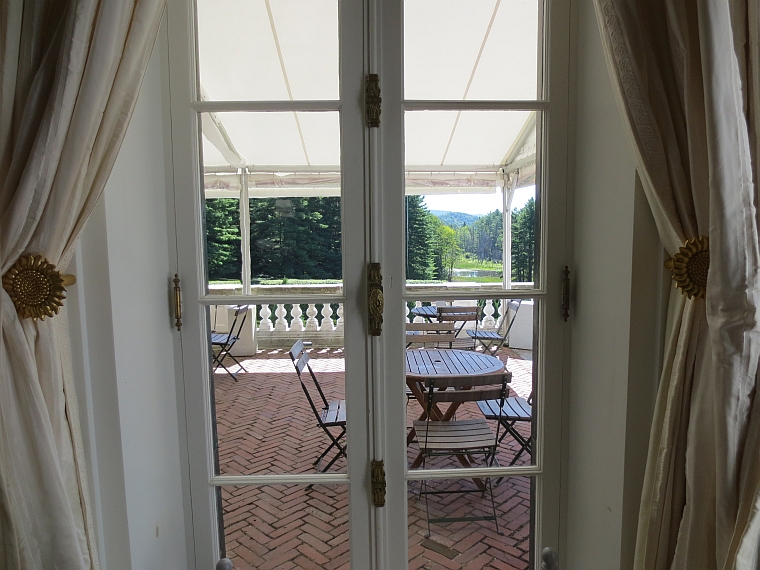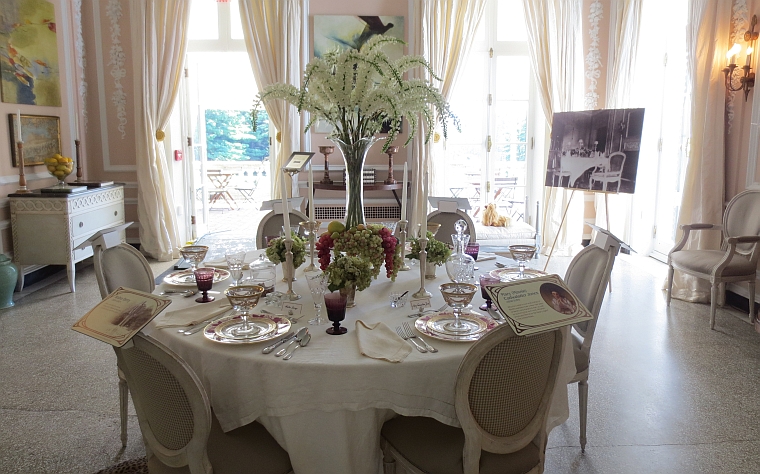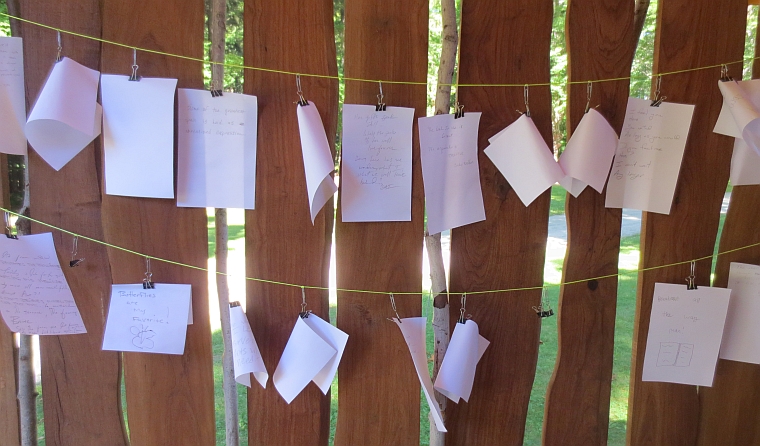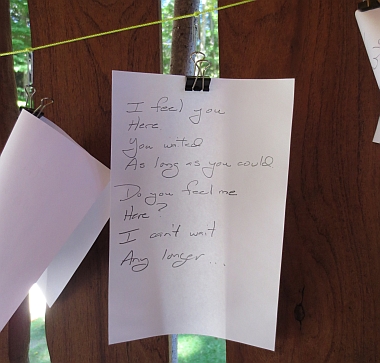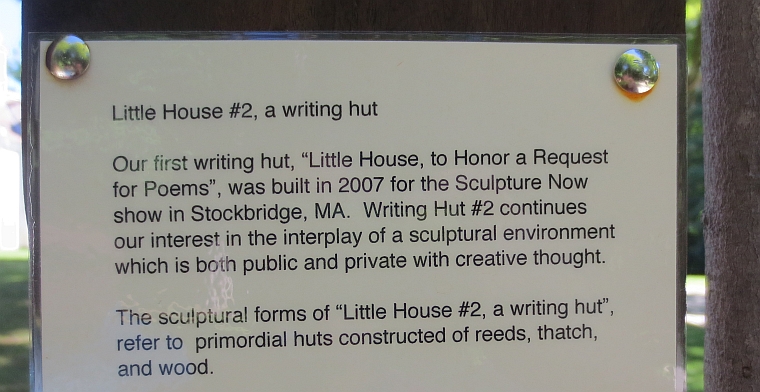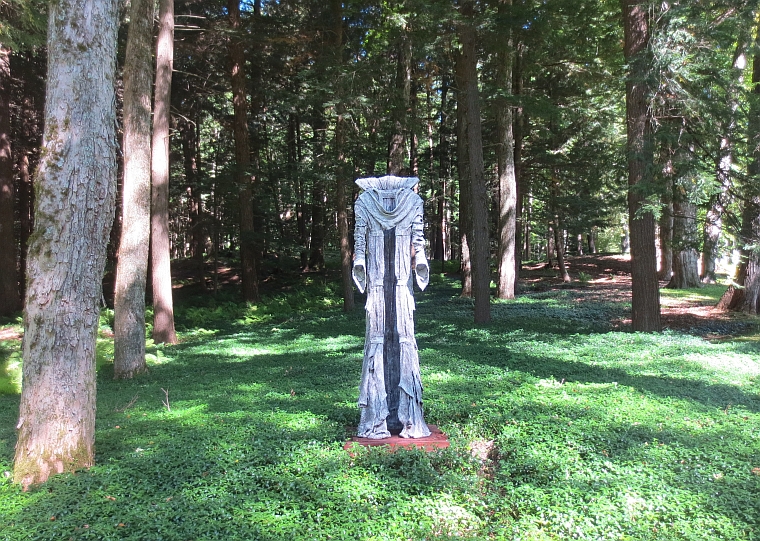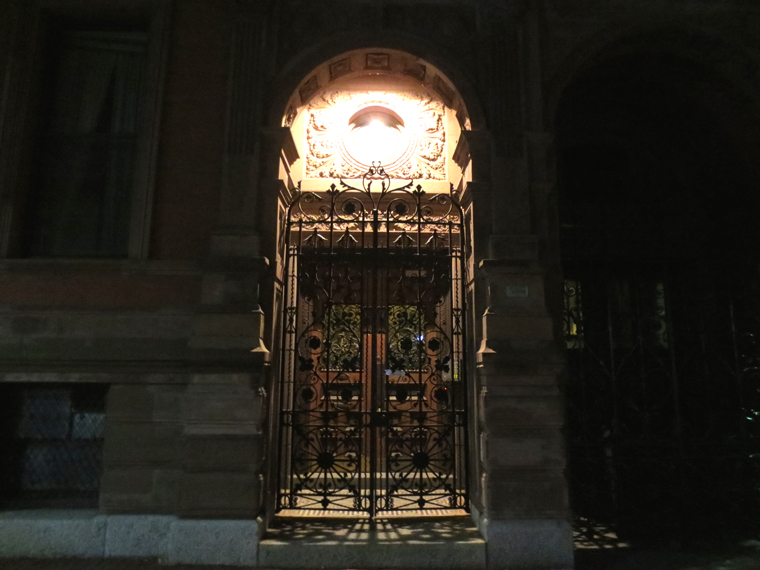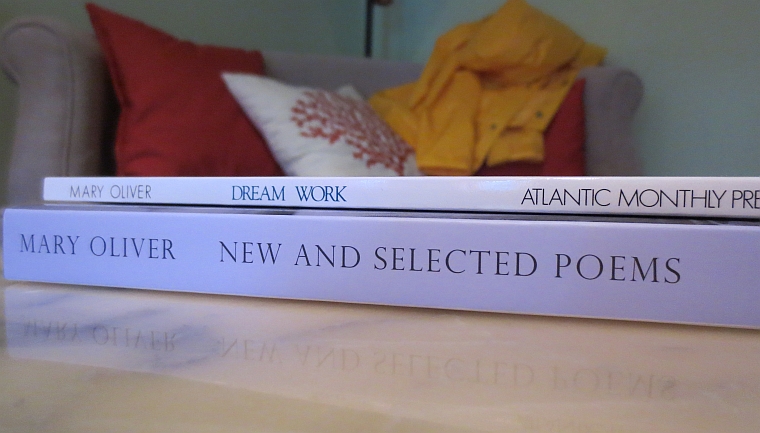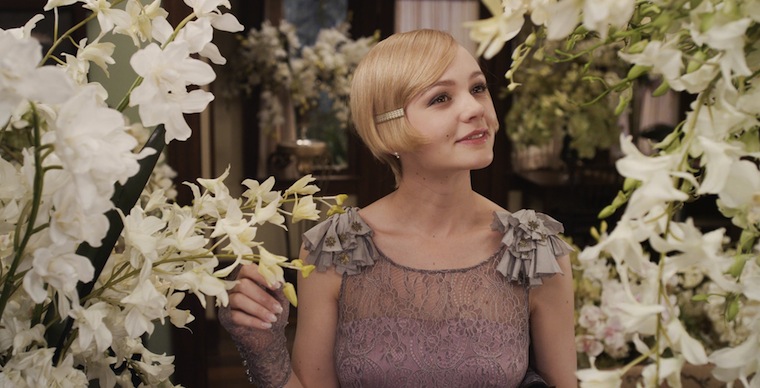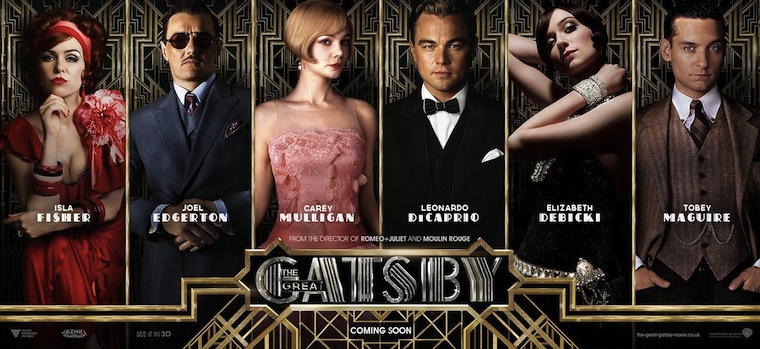Continuing our New York adventures, I present The Solitude of a Hotel Bathroom. In a city teeming with millions of people, pockets of solitary secrecy still survive, places where the mood can be sullen or celebratory and no one is any the unhappier. But as Levar Burton once put it, ‘You don’t have to take my word for it.’ And who is better at words and navel-gazing than Balzac?
“When no relationships exist which call for minor concessions in dress and deportment, we lose the habit of accepting inconvenience for the sake of others and a deterioration sets in which affects our inner and outer selves.” ~ Honore de Balzac
“Indeed, ridicule is most often incurred by the carrying of fine sentiment, good point and special ability to extremes. A haughtiness which is not toned down by intercourse with polite society takes on a certain rigidity when it can only find outlet in trivialities instead of expanding in contact with people capable of lofty feeling.” ~ Honore de Balzac
“Which of us has not observed the eccentricities peculiar to polite society, the capriciousness of its judgements and the extravagance of its demands? To some persons everything is permissible; their conduct may go far beyond the bounds of reason; all their actions are seemly; they are justified by all and sundry. But there are others to who society is incredibly severe: they must make no mistakes, never falter or even utter a foolish remark. They are like venerated statues which are removed from their pedestals once the winter frost has nipped off a finger or chipped a nose; they are allowed no human feelings and must for ever remain god-like and perfect.” ~ Honore de Balzac
“This young man is characteristic of our times. When one has no particular aptitude for anything, one takes to the pen and poses as a talented person.” ~ Honore de Balzac
“Strike a pose, there’s nothing to it.” ~ Madonna


























